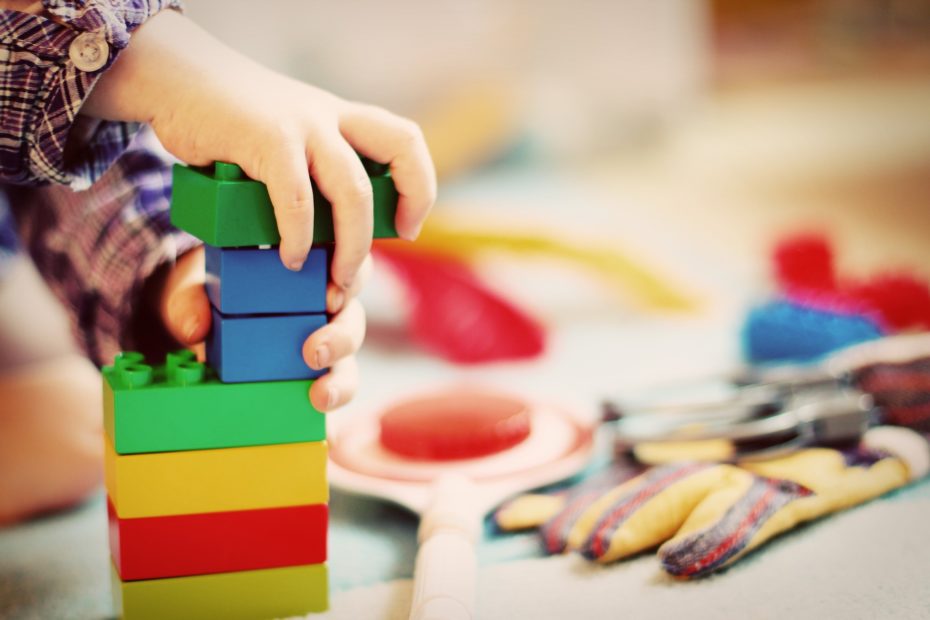3 Essential Self-Care Practices for Children

As we grow through life we are naturally expected to take on more responsibilities. However, incorporating additional tasks on a daily or even weekly basis can result in added stress. Children and adolescents are not immune to stressors either, which is crucial to acknowledge because these are fundamental years of growth. When adolescents are introduced to a multitude of new responsibilities it can become overwhelming and difficult to manage. With that being said, it’s important to learn self-care strategies early. Our reactions to these changes are often developed at a young age. There is bound to be a natural change in behavior when change is involved, however there are signs which imply that certain responses to stressors are abnormal and are more in line with an anxiety ridden disorder. Common signs that indicate your child may be experiencing stress and anxious feelings include:
1. Complaints of stomach aches or headaches
2. Sleep problems or difficulty concentrating
3. Behavioral changes, such as moodiness, a short temper, or clinginess
4. Development of a nervous habit, such as nail biting
5. Refusal to go to school or getting into trouble at school
Bearing that in mind, it is vital that we promote self-awareness by teaching self-care practices to our children at a young age. When we are able to cope with stress in a productive way, we ultimately lead healthier lives. Here are 3 central self-care practices we can instill in our children:
1. Have Constant Communication. Creating an environment where kids feel empowered to speak about their feelings is critical. We can help achieve this by providing age appropriate mental health materials to help kids understand mental health from a perspective relatable to their own. Feelings are both simple and complex, so being able to work through those at any level is vital to development. Understanding feelings of anxiety and sadness can help guide a more productive conversation with adults. A larger part of self-care is being self-aware and knowing when you’re feeling overwhelmed.
2. Embrace Exercise. While exercise certainly has its physical benefits, it does wonders for our mental health as well. Getting out and using your body to accomplish an activity can help us be more self aware. According to the Mental Health Foundation, “participation in regular physical activity can increase our self-esteem and can reduce stress and anxiety. It also plays a role in preventing the development of mental health problems and in improving the quality of life of people experiencing mental health problems.” Incorporating small activities like walks or a game of tag can do just that. It allows our children to get out, play and increase mental alertness, energy and facilitate a positive mood. You never know what feelings and frustrations our children internalize. Give them a chance to work it out in a productive and fun way that doesn’t seem out of the ordinary.
3. Find A Creative Outlet. Oftentimes dialogue does not suffice when it comes to expressing yourself. This goes for both positive and negative emotions as well. In some cases, especially with children, feelings are best described when they’re harnessed and then transformed into something tangible. Kids can often find comfort in activities like drawing and coloring. It allows them to sit down and focus on one thing in the present moment. When you’re grounded and focused, your natural tendencies and unbiased emotions tend to shine through without even realizing it. Additionally, art without guidance allows children to have complete control over what they’re doing. On a daily basis, children and adolescents are told what to do, how to do it, and when to do so. Art gives them complete control over a situation which is what most children strive for the opportunity to do.
To become effective communicators, our children need to understand their emotions and find healthy outlets for expression. Don’t be afraid to ask for help if you feel your child needs outside guidance. Much like we’ve previously discussed, “With the help of an NLP4Kids Practitioner, these children can instead learn how to control their mindset, their attitude and their emotional state in spite of the circumstances they have in life. This change will make them more appealing to those around them, meaning that they will learn a great deal more about how to forge friendships, manage relationships and how to be active participating citizens who take an active role in crafting out the sort of community they want to live in and be part of.” When these things occur, we will be naturally facilitating a chance for a more healthy and self aware society that will continue to pass these practices on for generations.



Leave a Reply